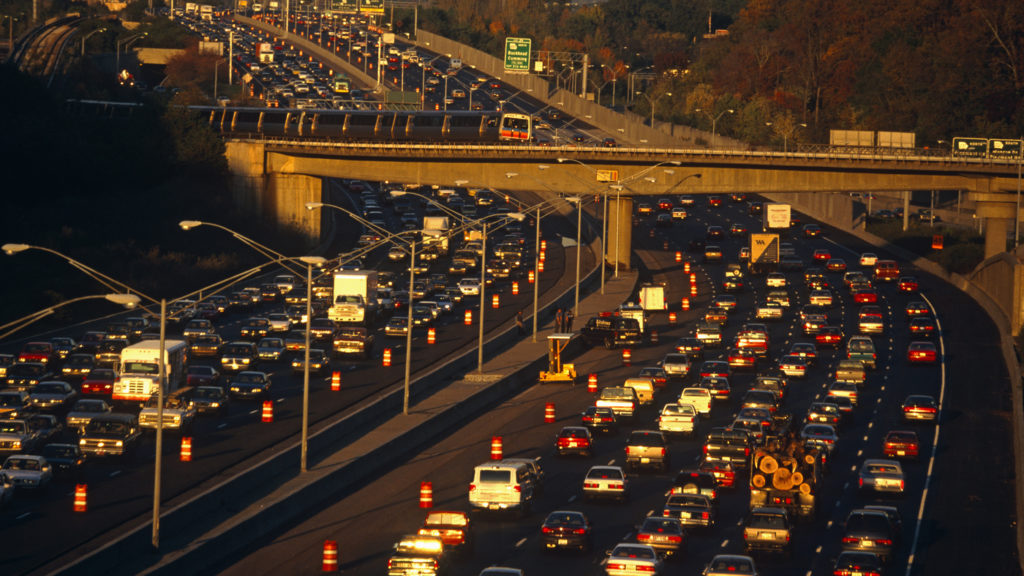The Racist History of Highways, Revisited

We talked about this history a few days ago. And then there’s this story, which is actually pretty amazing.
Since she moved back home to Tremé almost a decade ago, Amy Stelly has waged a campaign for the removal of a highway that cuts through her New Orleans neighborhood.
She struggled to get support from local leaders. Neighbors considered the quest to be wishful thinking.
“Nobody thinks you can get rid of a highway,” she said.
On Wednesday, Stelly’s effort gained a considerable boost when the White House named the highway, the Claiborne Expressway, an example of a historic inequity that President Biden’s new infrastructure plan would seek to address through billions in new spending.
Stelly didn’t know the road had been singled out until a reporter called.
“I’m floored,” she said. “I’m thrilled to hear President Biden would call out the Claiborne Expressway as a racist highway.”
Stelly, an architectural designer, is part of a growing movement across the country to take down highways bored through neighborhoods predominantly home to people of color. Most were created as the federal government worked to connect the nation after the birth of the interstate highway system. Many such highways are reaching the end of their 50-year life spans, raising the question of whether they should be rebuilt or reimagined.
…
While the construction of highways through neighborhoods often is framed in historical terms, some communities are battling new proposals.
The Federal Highway Administration recently asked Texas transportation officials to halt an effort to widen Interstate 45 in Houston so the agency could examine civil rights concerns. State officials say the project is needed to relieve congestion and speed commutes in a growing region.
The White House also pointed to Interstate 81 in Syracuse — a 1.5-mile stretch of elevated highway on the city’s predominantly Black south side — where community and city leaders advanced a plan to take part of the highway down. Syracuse Mayor Ben Walsh, an independent, has discussed the $2 billion project with staffers at the U.S. Transportation Department.
This is an astoundingly important precedent that could have long-term implications. It’s exciting to have an administration that is actually listening to people and trying to make things better in a quite active way.


